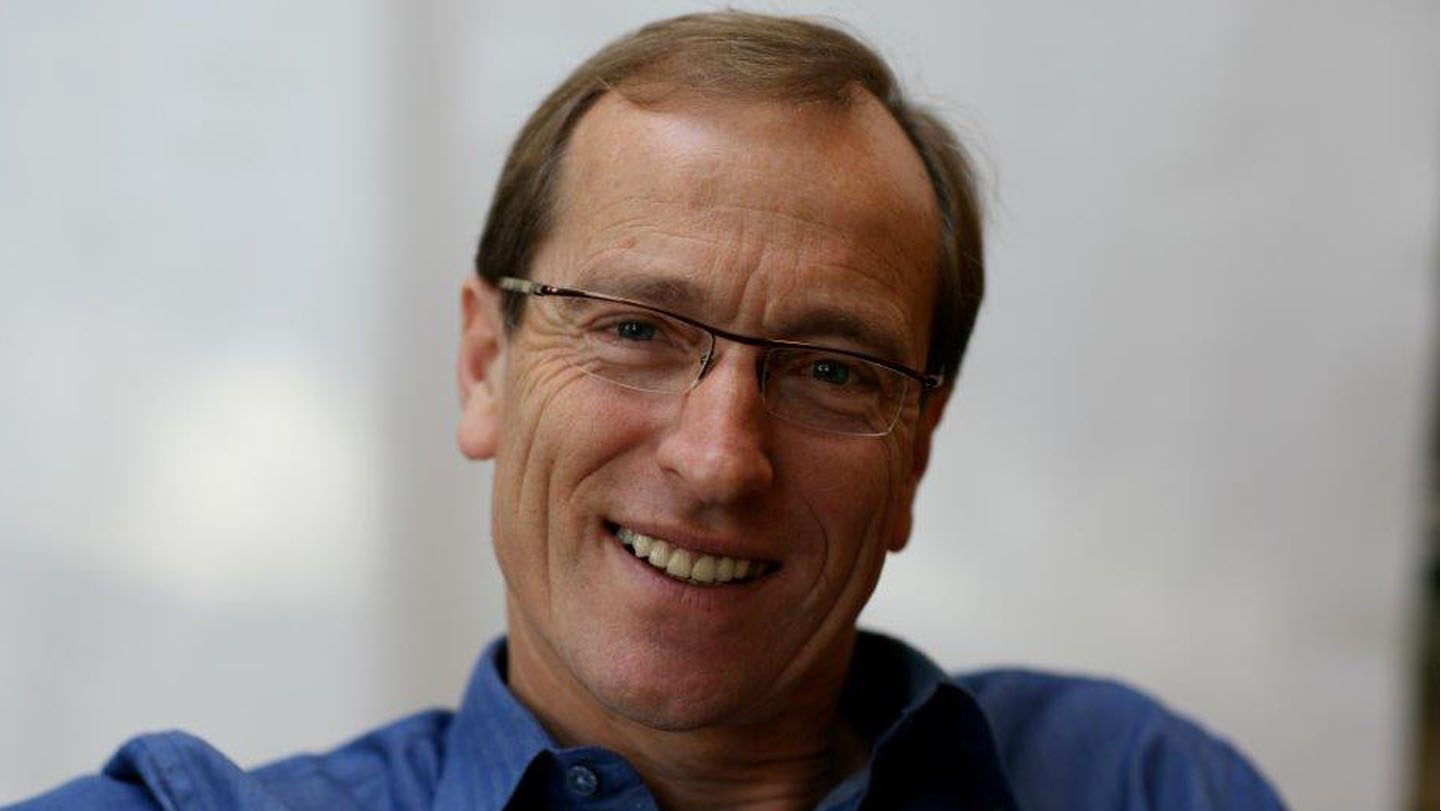For over 20 years Tomorrow’s Company has been working to create a future for business that makes equal sense to staff, shareholders and society.
Today in the UK we have an investment system that is complex, expensive and serves to disconnect shareholder value from the ordinary citizen. We first described this in Restoring Trust: Investment in the twenty-first century back in 2004.
CEOs in listed companies rarely last more than four years: an important investment that they make which may have more than a two year return rarely feels attractive. Although quarterly reporting is not obligatory the quarterly reporting mentality dominates. Media coverage of listed companies is full of comment about whether companies’ earnings will ‘meet expectations’ and, with the exception of remuneration spats, rarely devoted to discussions of the leadership, innovation and employee engagement and the company.
We are constantly told that companies must meet their quarterly return targets because this is what shareholders expect.
But it isn’t the ordinary saver in a personal pension who wants companies to cut corners and sweat assets to ‘hit their numbers’.
It’s the intermediaries, the asset managers and advisors who keep demanding the harvest at Easter.
As I save for my pension I want to put the money into the kind of companies that are balancing the short-term demands with an investment for tomorrow. I want my savings to be invested into companies that are going to invest in R&D, and human talent, and infrastructure and housebuilding, and renewable energy and new solutions to solve our climate and transport issues.
That doesn’t mean sacrificing shareholder value. It means building more of it in the way that the great companies have always done, by adding to their entrepreneurial spirit a commitment to strong relationships with customers, employees, suppliers and the community and society that gives their licence to operate.
Soon after Tomorrow’s Company was founded in 1996, we worked with Kleinwort Benson to develop a Tomorrow’s Company investment fund, investing long-term in companies which stuck to these recognisable Tomorrow’s Company principles.
We were too early.
Now I believe the market is ready for stewardship investing. There are enough individual investors out there, like me, who believe that part of the way to get a better capitalism, a capitalism that works for the many and not just few, is to create channels of investment that more directly connect the ordinary saver with the kind of companies that she or he would like their kids to have the chance to work in.
Disrupters are beginning to appear. No doubt there are more that have not come across my radar, but I am aware of WHEB Asset management, offering something different to investors who want to avoid stranded assets and support new technologies. There is Equitile who offer an approach that seeks to achieve sound long-term returns from companies with robust leadership and governance.
And this week sees the launch of The People’s Trust by former Investment Association head Daniel Godfrey. Daniel’s vision is more radical because he is setting up an investment trust that will be owned by its customers, and that won’t pay bonuses to its employees, and will make pay part of their salaries in shares in the business which they can only sell after 7 years. It will seek to invest in long-term strategies and responsible behaviour by companies.
This is an exciting development. Everyone involved will be incentivised to achieve success over periods exceeding 7 years. They will be directly accountable to customers. Stewardship is on the march. The Peoples’ Trust deserves to succeed and I for one will be signing up.
This post originally appeared here.
